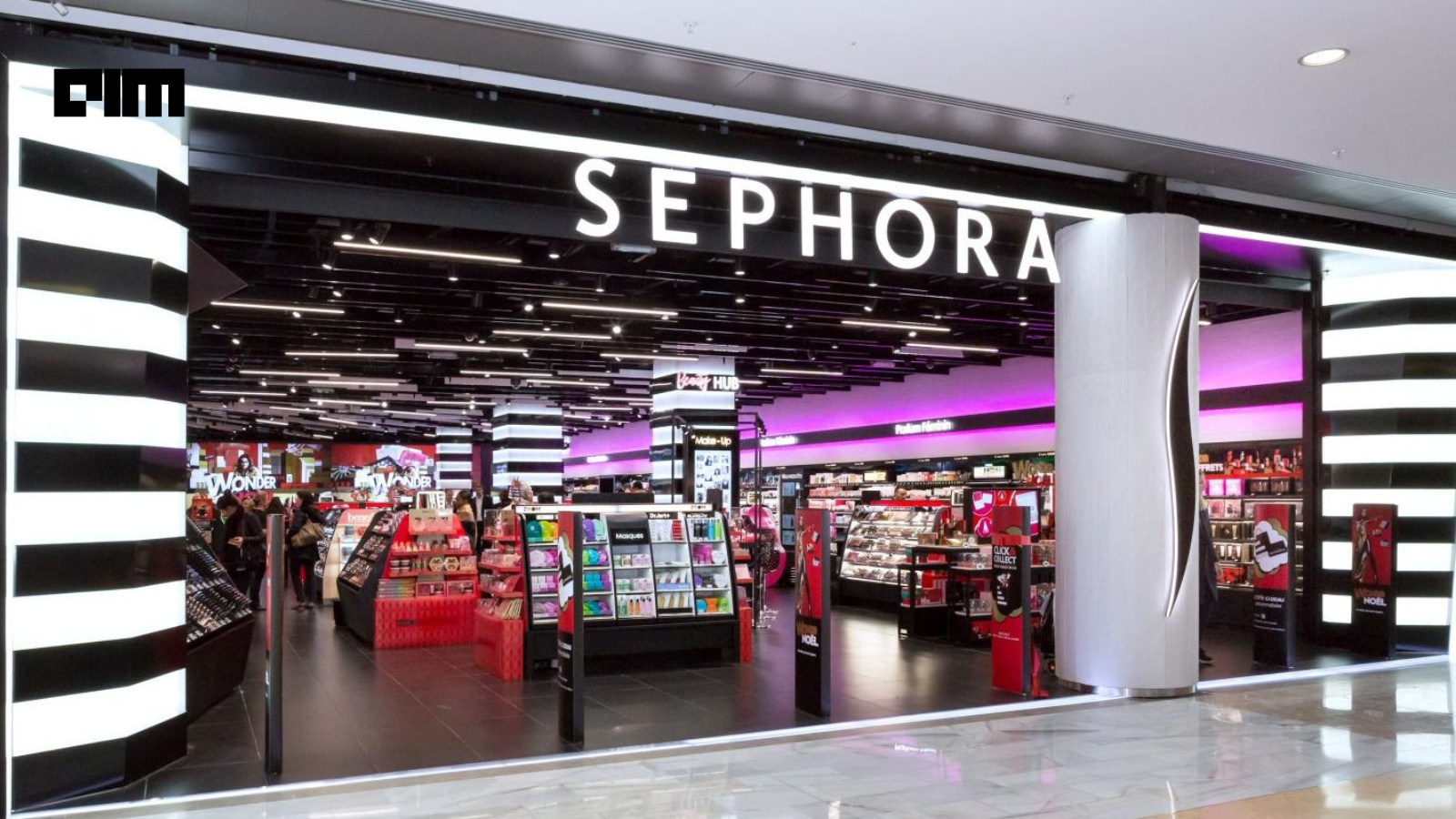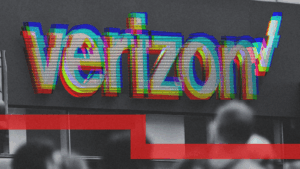Beauty brands are constantly racing to stand out in a market where trends die down faster than they are made. Sephora has found ways to stay ahead in this market. By leveraging AI and AR to transform customer experiences both online and in stores, Sephora has become a key player in the industry. Their blend of AI tools and personalized services has enabled it to replicate and even surpass the in-person consultation experience at scale.
Sephora’s AI journey began early in 2013, at a time when many brands were still skeptical about its practical benefits. Today, Sephora has embraced a sophisticated mix of AI technologies. From Natural Language Processing, machine learning, and computer vision to create a seamless bridge between online and offline shopping experiences.
A standout innovation is the Virtual Artist, developed in partnership with ModiFace, which allows customers to virtually try on thousands of makeup products in real time using their smartphones or webcams. The technology accurately maps facial features, lighting, and skin tone to deliver a true-to-life preview.
“Beauty brands have seemingly had a realization: This is critical, and we have to have it. There was an explosion in adoption and expectations in the past two years, and so we’ve been working to standardize this technology across the industry. It’s moving very quickly,” said Parham Aarabi, ModiFace CEO.
Complementing this is Sephora’s AI-powered Color IQ system, launched in 2012 in collaboration with Pantone. Color IQ uses a handheld device to scan customers’ skin at the jawline or cheek, capturing a unique four-digit color code that matches products from over 50 brands and more than 1,000 shade options.
Its proprietary AI algorithms analyze attributes such as depth, undertone, and saturation, resulting in scientifically precise matches that span over 140,000 diverse skin tones in its database. This innovation has generated more than 14 million matches.
Moreover, Lip IQ applies similar AI-driven technology for precise lipstick shade recommendations. Building on skincare, Sephora’s Skincare IQ delivers AI-powered personalized consultations by assessing skin conditions and preferences to recommend tailored products across multiple brands.
Beyond visuals, Sephora has also transformed fragrance discovery with its Fragrance IQ System, which pairs a customer’s in-store questionnaire with InstaScent’s cloud-connected scent emitter to enable exploration of up to 18 scent families without the need for physical samples.
Together, these AI-driven tools enrich customer engagement by making the shopping process highly interactive, educational, and confidence-boosting, while significantly reducing product return rates.
The Customer Experience
Sephora’s personalization is powered by a data strategy combining customer input and behavioral analytics. By analyzing browsing history, purchase patterns, wishlist items, and engagement time on product pages, Sephora builds comprehensive customer profiles.
These are enhanced by sentiment analysis of peer reviews, product ratings, and even user-generated content like selfies for virtual try-ons. The company uses AI-driven recommendation systems to deliver actually relevant product suggestions suited to individual beauty profiles, skin types, and style preferences.
Sephora’s approach goes far beyond just having an online store or a website. In their concept stores, customers get to join beauty classes and workshops that combine the personal touch of expert tutorials with AI-driven insights tailored just for them.
Around the stores, shoppers can use iPads loaded with Sephora’s Virtual Artist app, letting them try on makeup virtually and get personalized recommendations right then and there with no need to guess or wait.
“We’re obsessed with the customer journey and deeply committed to delivering personalized experiences that inspire confidence and delight across every touchpoint,” said Mary Beth Laughton, EVP of U.S. Omnichannel Retail at Sephora.
On the digital side, Sephora’s AI chatbots and virtual assistants are always ready on their website and app, offering product tips, beauty advice, and quick answers to questions, making shopping smoother and more fun.
AI also powers Sephora’s backend, optimizing inventory forecasting, demand prediction, and stock replenishment to minimize out-of-stock and reduce waste. The company plans to integrate AI into reverse logistics to streamline product returns and exchanges further.
Future exploration includes blockchain solutions for supply chain transparency, ensuring product authenticity and elevating customer trust.
Global Impact
Sephora’s AI-powered Virtual Artist alone has driven impressive retail results with a 25% increase in add-to-basket rates and a 35% rise in conversions for online makeup sales. They have also cut out-of-stock events by around 30%, reduced inventory holding costs by 20%, and decreased markdown rates on excess stock by 15%.
Personalized AI-driven product recommendations further boost sales by tailoring suggestions to individual customer profiles, effectively increasing average transaction sizes by up to 30%.
This allows Sephora to better manage inventory across its extensive global network of over 2,700 stores and rapidly growing ecommerce. The ability for customers to virtually try on products and receive accurate recommendations has reduced hesitation and boosted confidence.
This AR experience, which includes facial recognition and real-time makeup application, increased average app session times from 3 minutes to 12 minutes, with virtual try-ons growing nearly tenfold year-over-year.
Sephora faces several key challenges as it continues to scale its AI innovations. Ensuring AI and AR technologies accurately represent the full diversity of skin tones and types in real-world lighting conditions remains critical to avoid bias and maintain customer trust.
“We believe in technology enriching the relationship and not replacing the relationship,” said Sephora Global President and Chief Executive Officer Guillaume Motte.
Data privacy and security are high priorities as personalized AI tools collect and process sensitive user information, demanding strict compliance with global regulations. Additionally, combating counterfeit products through supply chain transparency, including potential blockchain adoption, is essential to protect brand integrity and customer confidence.
In the competitive landscape, Sephora faces direct competition from major players aggressively investing in AI-driven beauty tech. Ulta Beauty continues expanding its personalization and virtual try-on capabilities, while L’Oréal, after acquiring AR pioneer ModiFace, leverages AI across its global brand portfolio. Estée Lauder similarly uses AI for skincare diagnostics and virtual makeup trials. Amazon Beauty employs AI recommendation engines and computer vision but has yet to fully match Sephora’s immersive AR user experience.
“We belong to something beautiful is more than just a mantra, it’s our commitment to making prestige beauty accessible to everyone. From our curated product selection to the diversity of our teams, everything we do reflects and celebrates the uniqueness of our customers,” said Artemis Patrick, CEO and President, Sephora North America.










